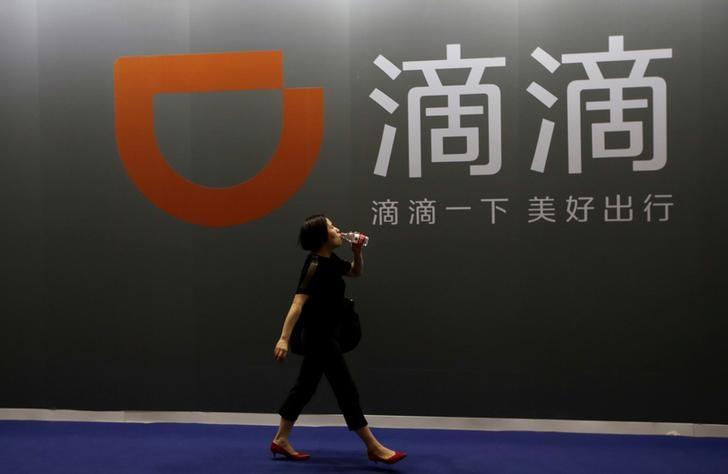Didi Chuxing, Uber's Chinese compeititor, plans to expand its ride-hailing services to Mexico by next year

Uber's Chinese competitor Didi Chuxing will offer its services to Mexico next year. The ride-hailing company from China has already laid the groundwork for their first international expansion.
Didi Chuxing is the most popular ride-hailing service in China. As of October 2016, the service was reported to have been offering around 25 million rides every day.
According to an exclusive report by Reuters, the company is the second-most highly valued private firm in the world, just behind Uber Technologies.
However, the brand name is relatively unknown in western countries. Didi Chuxing also has no cars outside of China, meaning that this will be the company's first significant expansion.
The launch in Mexico is projected to be a grave strike at Uber, a company that is currently suffering from some controversies. Uber has recently been the subject of the media attention due to various privacy and security concerns and is even involved in a lawsuit with Google.
Meanwhile, DIdi Chuxing has already opened a Research and Development (R&D) Center in Mountain View, California. It has been reported that this R&D center will be researching artificial intelligence and self-driving car technology. It can also be a hub to give top engineers in the field a chance to work with a burgeoning company.
The Chinese company has already met with ProMexico, a government trade, and investment body. The talks involved discussing ride-sharing opportunities in Mexico. However, specific details were refused to be shared by a Mexican official in contact with Reuters.
In addition, electronics company Apple has invested $1 billion in Didi Chuxing.
Didi Chuxing was once in competition with Uber for shares in the Chinese ride-hailing market. Uber ended up losing $1 billion every year in China just to keep up with the fierce competition. Trevor Kalanick, Uber's Chief Executive Officer at the time, has since sold his business for a 17.7 percent stake in the Chinese company.











